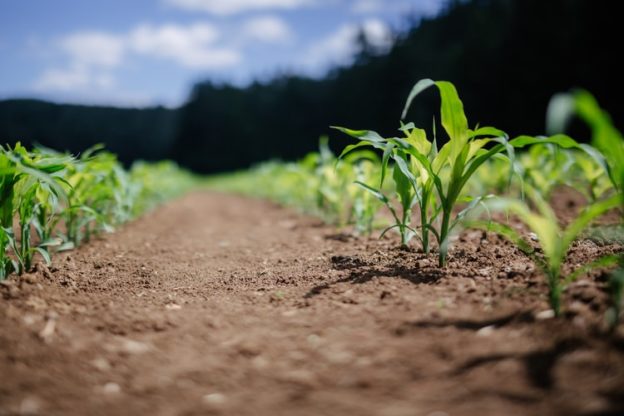It is clear that the objectives of the agricultural sector in the United States and in the European Union are disparate. The United States Secretary of Agriculture declared Europe’s plan to make agriculture more sustainable could stifle innovation, reduce agricultural production and put transatlantic trade at risk.
However, the EU Commissioner says quality, Janusz Wojciechowski claims that quality is what counts.
The United States bets on quantity
Why indeed, the US Secretary of Agriculture, Sonny Perdue, criticized the EU’s “Farm to Fork” strategy and the continent’s reluctance to use new technologies in agriculture, in a heated debate on how to make the production of food to be more sustainable.
Obviously, the US administration is concerned that farm-to-table and biodiversity strategies are extremely prohibitive for trade and jeopardize the sale of their products in Europe.
“We will not be on track to meet our food needs if we continue to impose policies that restrict growth and stifle innovation,” said Perdue.
“Our ambition is to be competitive in the world market, not in the quantity of food production, but in quality,” Wojciechowski replied.
A dilemma for farmers
There is no doubt that European farmers face an uncomfortable dilemma. To make operations more sustainable, they need to reduce the use of pesticides and fertilizers, while trying to increase yields so that the EU can become less dependent on food imports.
In this sense, the United States favors the use of technologies such as gene editing and precision improvement, along with modern pesticides and fertilizers, which are promised, will be less harmful to the environment than previous products.
However, and as you may have read in previous CONSOLE Blog entries, the European Commission has developed a farm-to-fork strategy that aims to reduce the use of fertilizers by 30 percent and deliver 25 percent of the land agricultural to organic agriculture. The next EU research program, Horizon Europe, will allocate money to projects focused on improving soil health and reducing the use of pesticides and antibiotics in agriculture by 2030.
